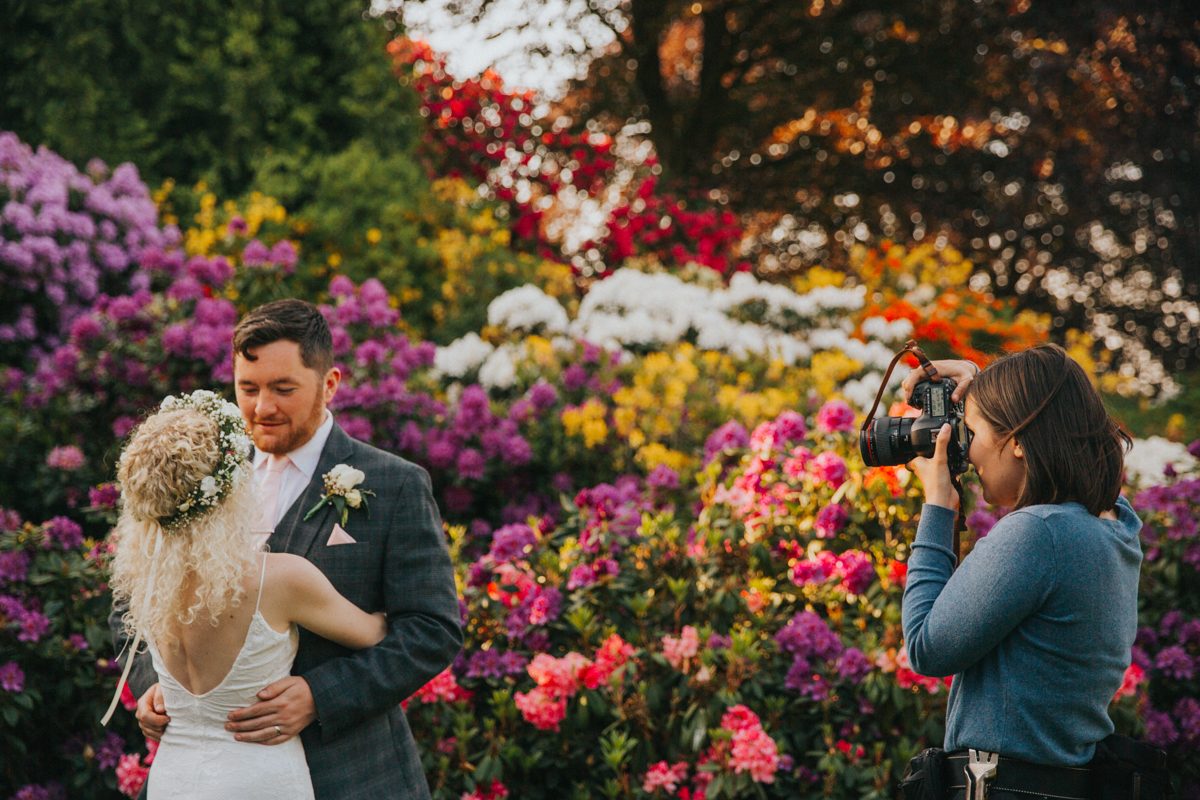 Every now and then I get emails asking how I became a wedding photographer, usually asking for tips about how I started out in the wedding industry and how I began getting my first clients. I also get asked a lot if people can come along to a wedding with me to second shoot or assist. I’m always happy to reply to these emails and help as much as I can, I remember being in the same boat, six years ago when I was fresh out of university and trying to make my way in wedding photography. At the time it seemed almost impossible to gain experience in the industry and I really didn’t have a clue where to begin. Six years on, after a lot of hard work and investment I’m finally at a place in my business where I am fully booked shooting weddings every year and get more enquiries than I could possibly shoot. I feel very lucky to work for myself and to be able to say I have a job I absolutely love doing, I know not everyone can say that! I am also eternally grateful to my couples for choosing me to photograph their weddings, it’s because of them that I get to keep doing this job every year. I don’t always have time to reply in depth to every single email I receive asking for help on how to get started shooting weddings so I’ve complied this blog post to send out to all of you with all of the best advice I could possibly give. I am friends with many wedding photographers and honestly think it’s the best industry to work in. We all help each other and these connections are absolutely essential, for using second shooters and also as emergency contacts if you’re too ill to shoot a wedding. Keep reading to find out how I started and what advice I would give to anyone who wants to become a wedding photographer now.
Every now and then I get emails asking how I became a wedding photographer, usually asking for tips about how I started out in the wedding industry and how I began getting my first clients. I also get asked a lot if people can come along to a wedding with me to second shoot or assist. I’m always happy to reply to these emails and help as much as I can, I remember being in the same boat, six years ago when I was fresh out of university and trying to make my way in wedding photography. At the time it seemed almost impossible to gain experience in the industry and I really didn’t have a clue where to begin. Six years on, after a lot of hard work and investment I’m finally at a place in my business where I am fully booked shooting weddings every year and get more enquiries than I could possibly shoot. I feel very lucky to work for myself and to be able to say I have a job I absolutely love doing, I know not everyone can say that! I am also eternally grateful to my couples for choosing me to photograph their weddings, it’s because of them that I get to keep doing this job every year. I don’t always have time to reply in depth to every single email I receive asking for help on how to get started shooting weddings so I’ve complied this blog post to send out to all of you with all of the best advice I could possibly give. I am friends with many wedding photographers and honestly think it’s the best industry to work in. We all help each other and these connections are absolutely essential, for using second shooters and also as emergency contacts if you’re too ill to shoot a wedding. Keep reading to find out how I started and what advice I would give to anyone who wants to become a wedding photographer now.
Why I don’t let beginners second shoot with me
When I was at university I emailed a shit load of wedding photographers asking if I could second shoot for them. Unsurprisingly, most of them said no, they were (for the most part) very kind about it, but it was still disappointing opening up the email response and finding another rejection. Now the shoe’s on the other foot. Six years later in my business and I get asked if people can second shoot with me A LOT. Often they are like me, fresh out of uni with no real idea of what they’re doing or how a wedding works. And now I get it, from both sides of the situation. In the earlier stages of my business I took a couple of second shooters along to weddings with me for them to portfolio build. I never used someone starting out when the couple had paid specifically for a second shooter, then I only ever used another professional who I knew would produce images that were the same quality as my own. The few times that I’ve had people starting out in the industry along with me I instantly understood why I got so many rejections when I was starting out. One of the seconds suggested I switch up a shot in front of the couple, this was super uncomfortable because the couple knew she was there to portfolio build and it undermined my knowledge. This was my fault as I hadn’t made it clear to the second shooter that she was mainly there to watch and observe what I did and shoot around me. Lesson learned! The second time I used someone who was starting out they used the images they had taken at the wedding on their website and social media and passed it off as though it was a wedding they had shot by themselves, this is a complete no no. If you’re second shooting, you need to ask the photographer who is the main shooter if you’re allowed to use the images at all. If they say yes that’s really lovely of them! The etiquette when sharing the images is to tag or link back to the photographer who was the main shooter and make it very clear you were second shooting with them. Unfortunately these couple of experiences have put me off personally allowing people to come along with me for their own experience. I do understand that’s frustrating however I want my couples to have the best day possible and that includes knowing anyone I bring to their wedding is going to do an amazing job. I only ever use second shooters I know and trust and who have their own wedding photography businesses. There will be some photographers out there who will allow you to tag along with them on a wedding day however I honestly don’t think that’s the best way to learn and get started in the industry, it’s like learning to run before you can walk.
Invest as much as you can
The biggest piece of advice I would give to anyone wanting to become a wedding photographer is to invest as much as you can. By this I mean time and money. I did start out by second shooting with another photographer and I will forever be grateful to him for taking a chance on me and allowing me to tag along with him to so many weddings. If however I knew what I know now, I probably would have done things slightly differently. The photographs I took at that first wedding as a second shooter were honestly shit. I had a fairly good eye but I didn’t really have a clue how to use my camera, I’m still not 100% sure why he allowed me to keep coming to weddings with him (but I’m glad he did!). In this time I also invested in doing a workshop, specifically in wedding photography. This was a massive turning point in my career and I would not be running the business I am now if I hadn’t gone down the route of attending workshops. The workshop I attended was Welcome Home by Emma Case. They don’t run this workshop anymore or else I would recommend it with every fibre of my being. There will be lots of good wedding photography workshops out there still though, it’s just a case of finding the right one for you. I would look more for workshops with an emphasis on posing couples and workflow rather than a workshop on how to use your camera. I would head to YouTube for camera advice, you can easily learn that at home. From that workshop I got to know other photographers in the industry and from there I found more workshops and got to know even more people. I still do a workshop every single year, I think it is really important to continue investing time and money in your business, no matter how established you are. There is always more to learn and there is always more that you can do to offer your couples. I think the constant learning and evolving is the beauty of running your own business! Workshops I would recommend are Snap Photography Festival, I’ve been to this three years in a row and every year was wonderful and well worth every penny of investment. Photography Farm and Wolves Workshop are two that I haven’t yet attended but they’re definitely on my list to do at some point, these are both still running so I would definitely check those out if you’re looking to invest in a workshop. If there are photographers you particularly admire it’s worth asking them if they offer mentoring too. I currently offer mentoring sessions for £250 for two hours either on zoom or in person at my local pub in Shropshire. During this time you can pick my brains and ask me anything to do with wedding photography/running a photography business and I will spill the beans and help you as much as I can. I’d love to help you create this career, I think I have the best job in the world so I’d love to help you do it too! Get in touch and let’s have a chat!
I would also invest in equipment. I built mine up bit by bit while I was second shooting but by the time I was shooting my own weddings I had a full kit with back ups. You can see my full kit list here. Personally I would recommend that you invest in a camera with two card slots and shoot RAW to both. This is personal preference however I wouldn’t feel comfortable shooting a wedding with one card slot. Two card slots provide you with an instant back up, a wedding isn’t something you can just re-shoot. I know some photographers shoot RAW to one card and Jpeg to another, this is absolutely fine and would be quicker than shooting RAW to both, however I’d rather have a slightly longer buffer in camera than have to deal with potentially having to edit jpegs. Backing up as Jpeg is better than no back up at all though. You NEED a second camera. I always have two 5D Mark iii’s on me at all times, this way if one of them dies mid-ceremony I can just switch to my other camera instantly and don’t have to disrupt anything or potentially lose any coverage. None of my cameras have ever died but it could happen and I am not willing to run that risk. And obviously you need a shed load of memory cards and batteries. When I come home from a wedding I also back the wedding up that night onto my computer and two additional external hard drives, I also don’t delete the images off my memory cards until I’ve edited them and delivered them to the couple. You can never have enough back ups!
I would recommend that following on from workshops that you connect with the other photographers who attend them. You can’t have enough friends in this industry and there is definitely a big emphasis on community over competition. Good luck on your journey if you’re looking to start out into the wedding photography world, it’s the best job in the world and I couldn’t imagine doing anything else!
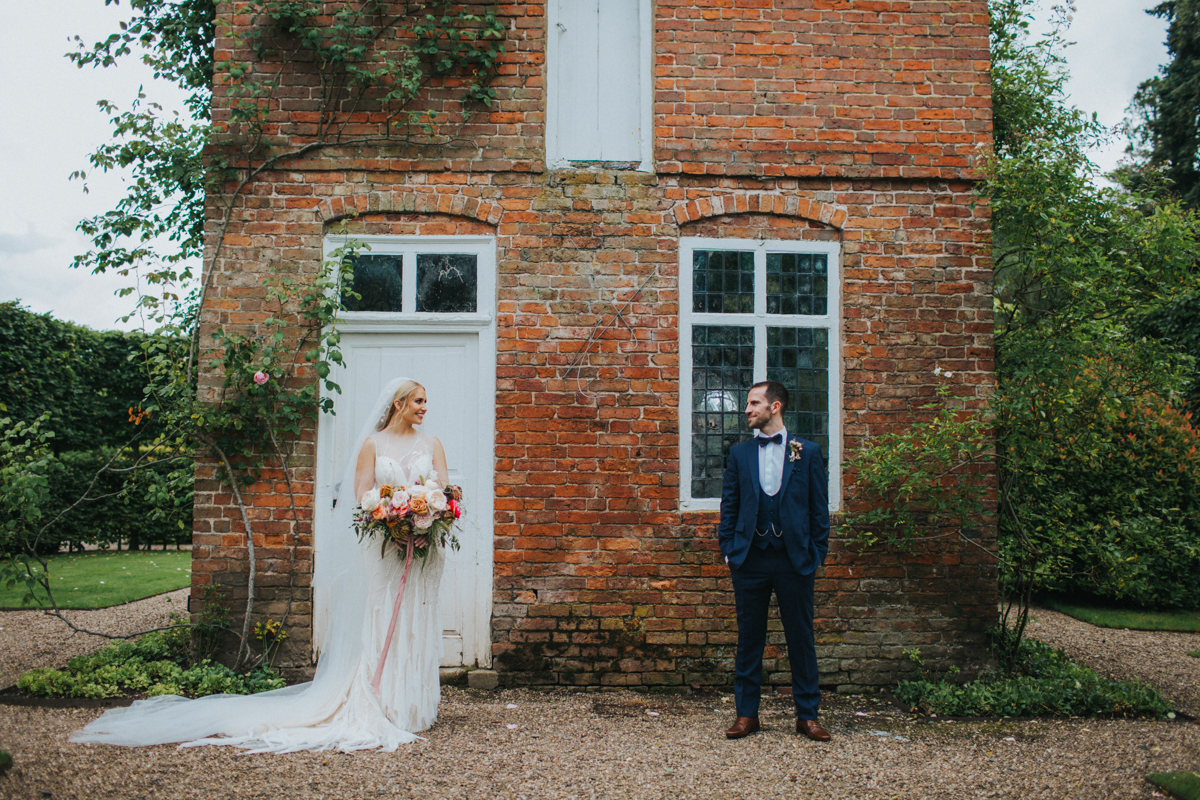
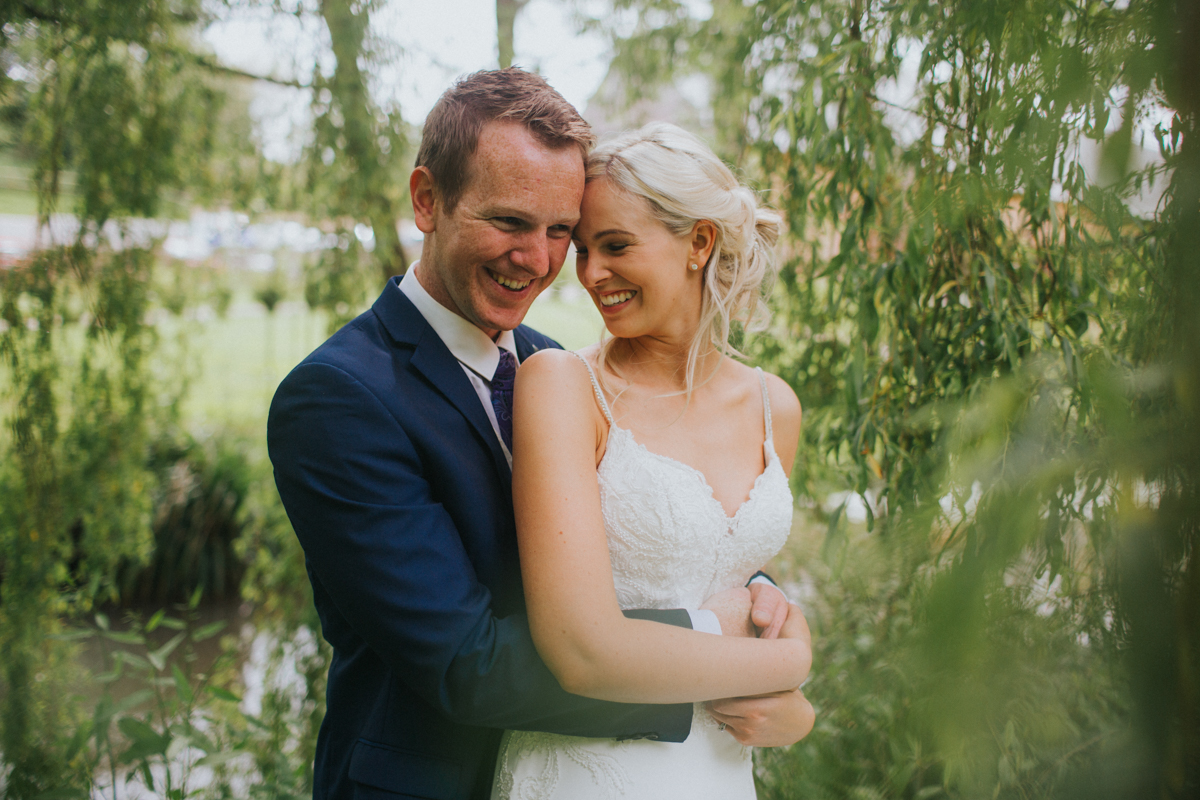
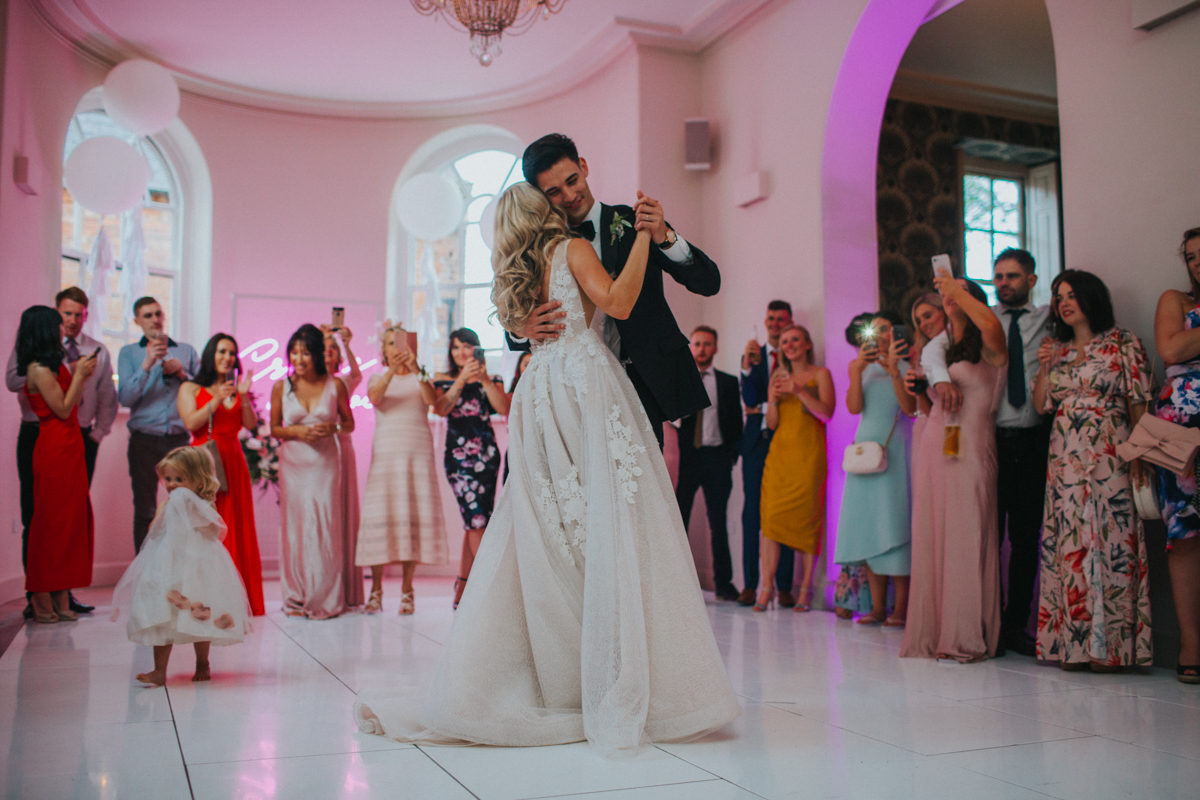
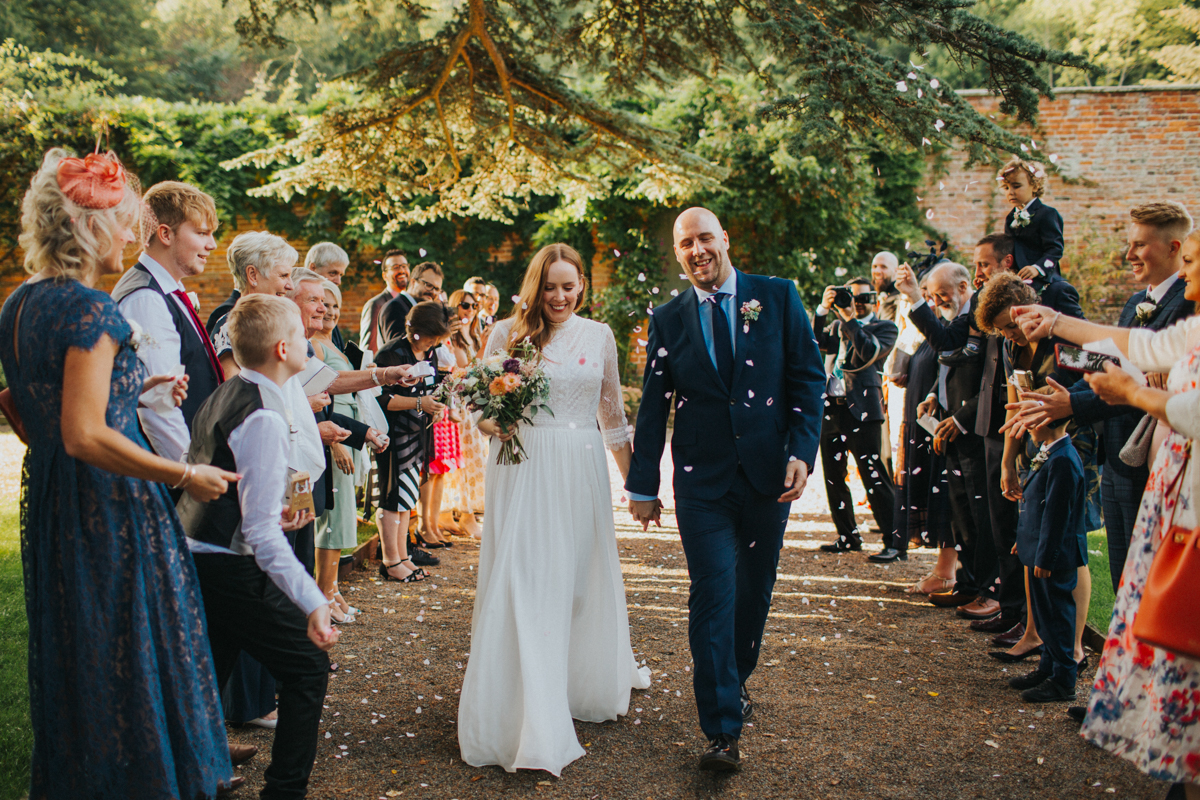
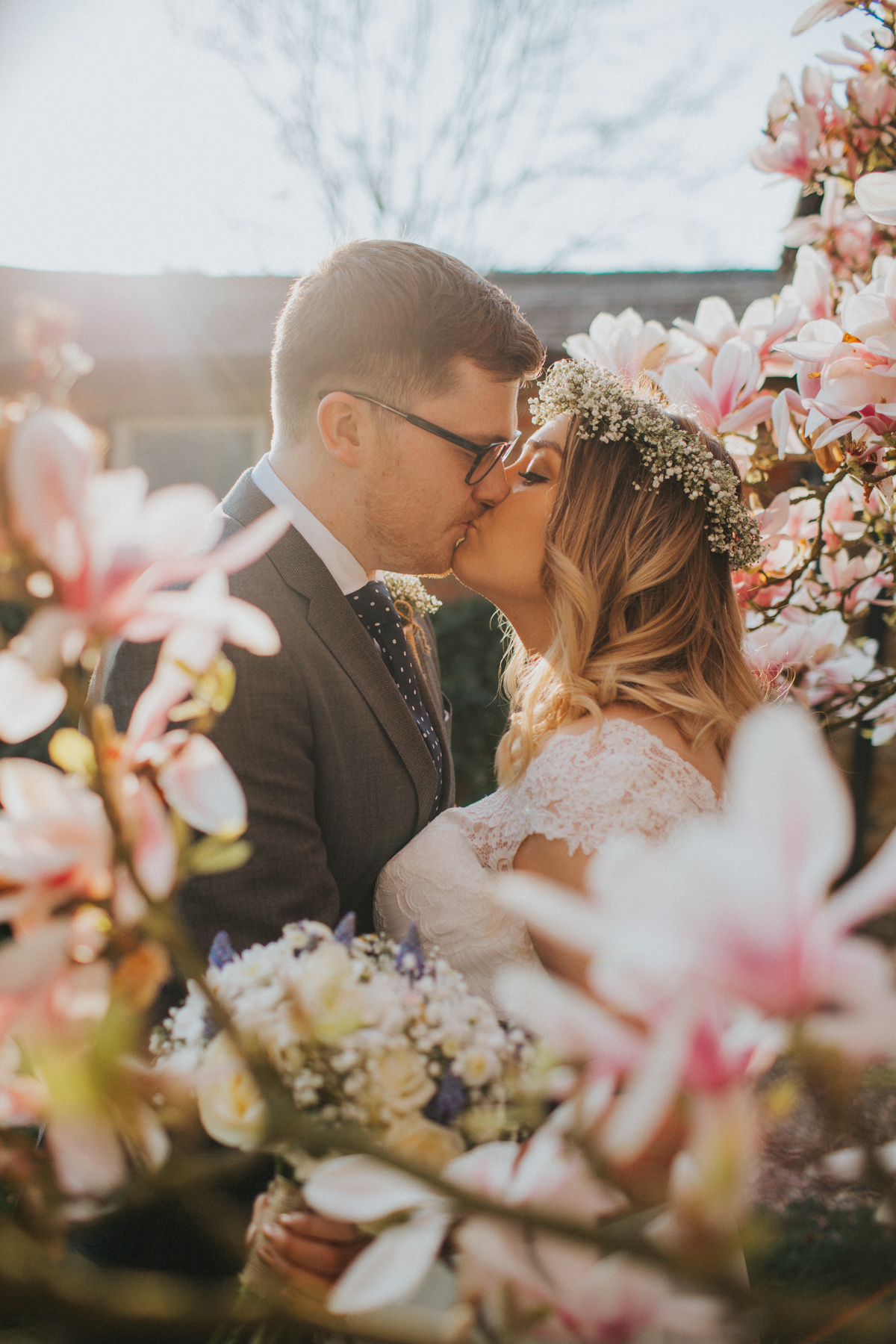
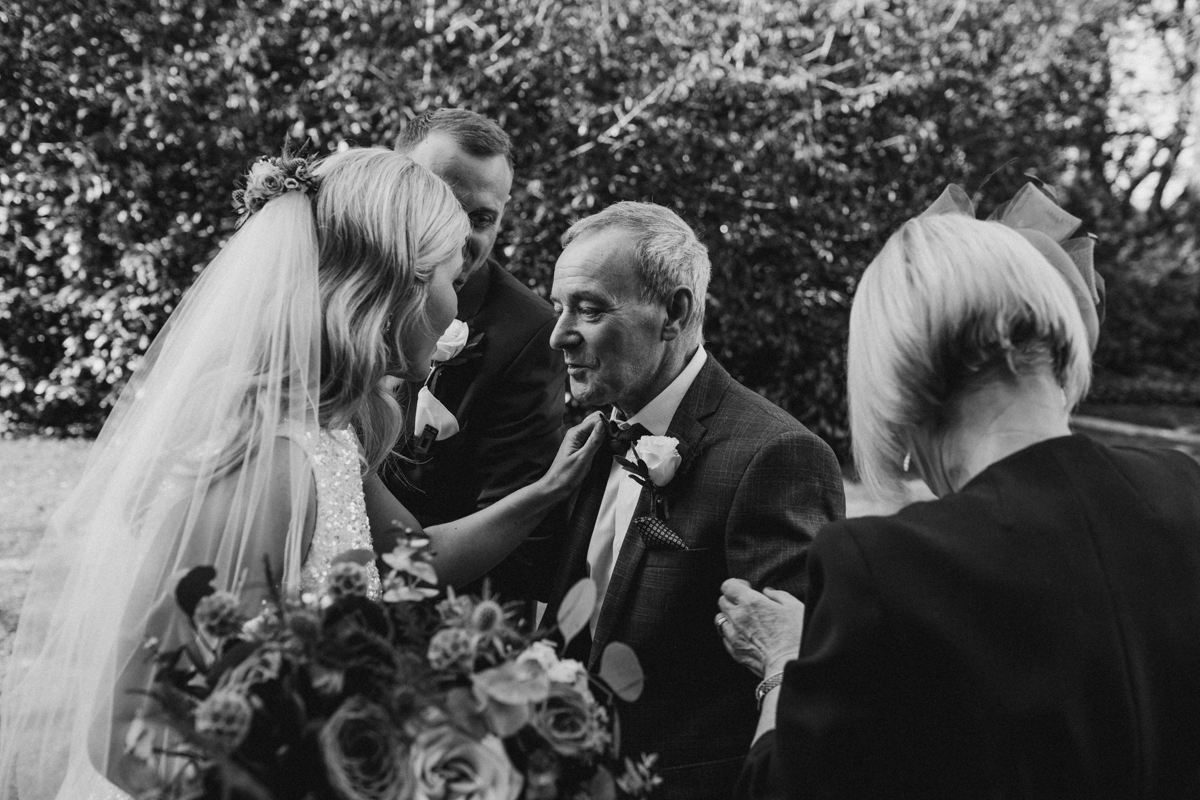
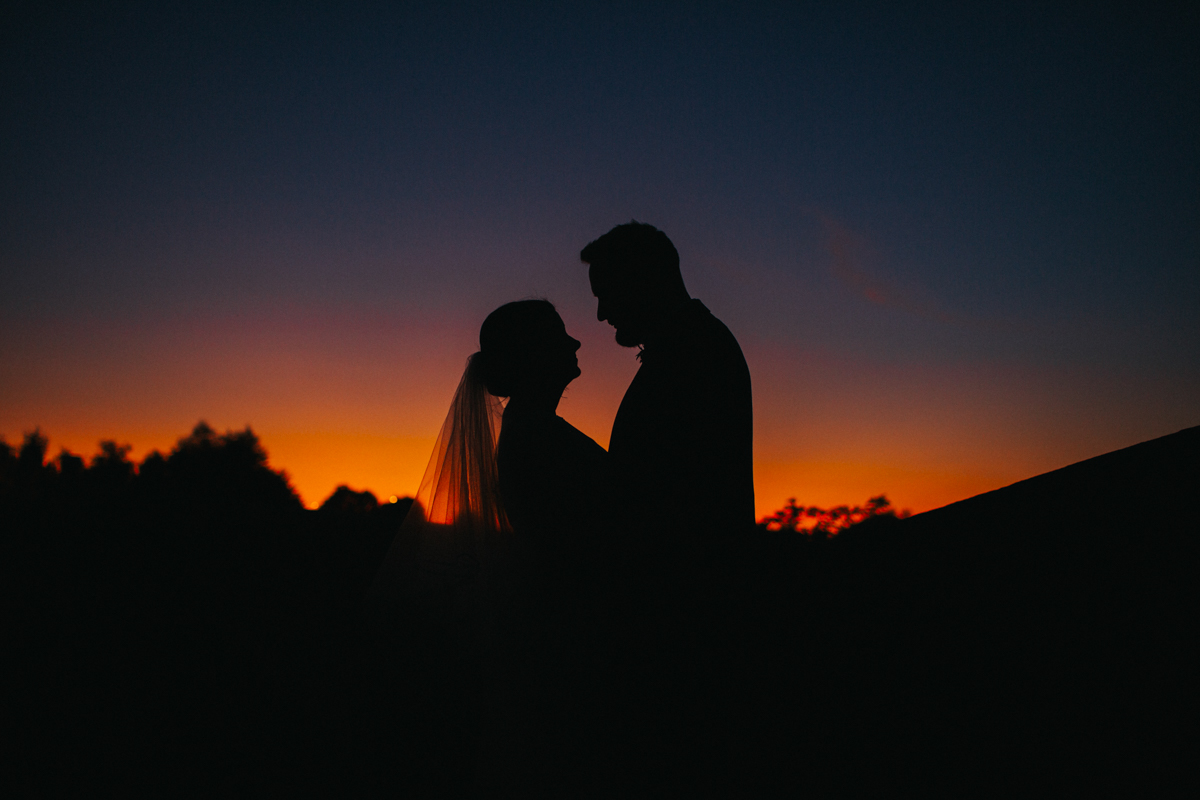
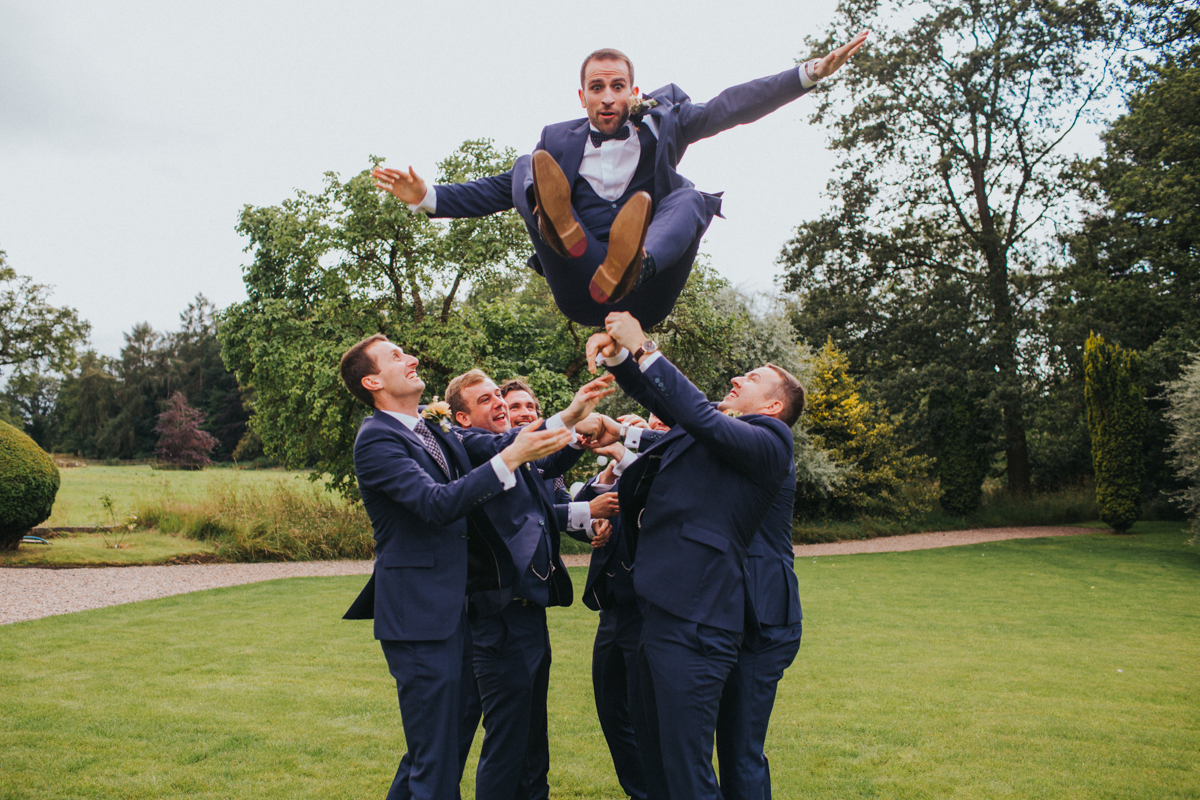
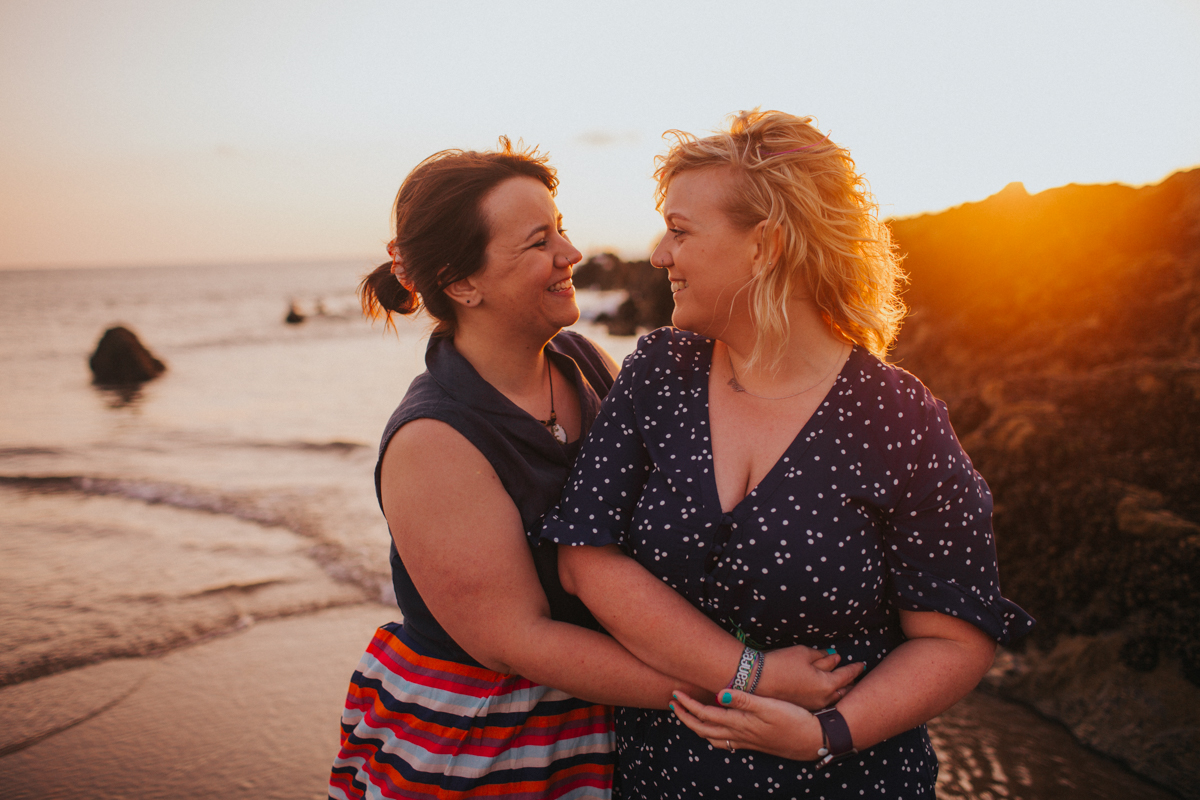
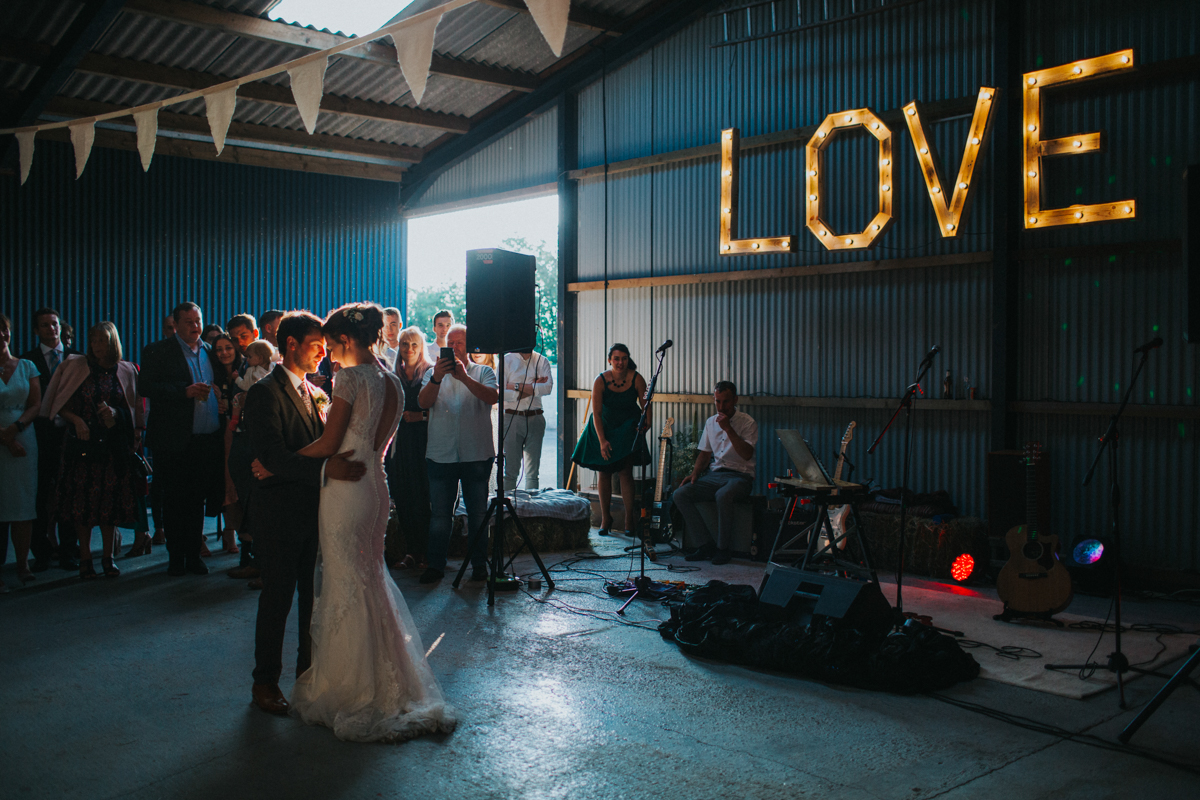
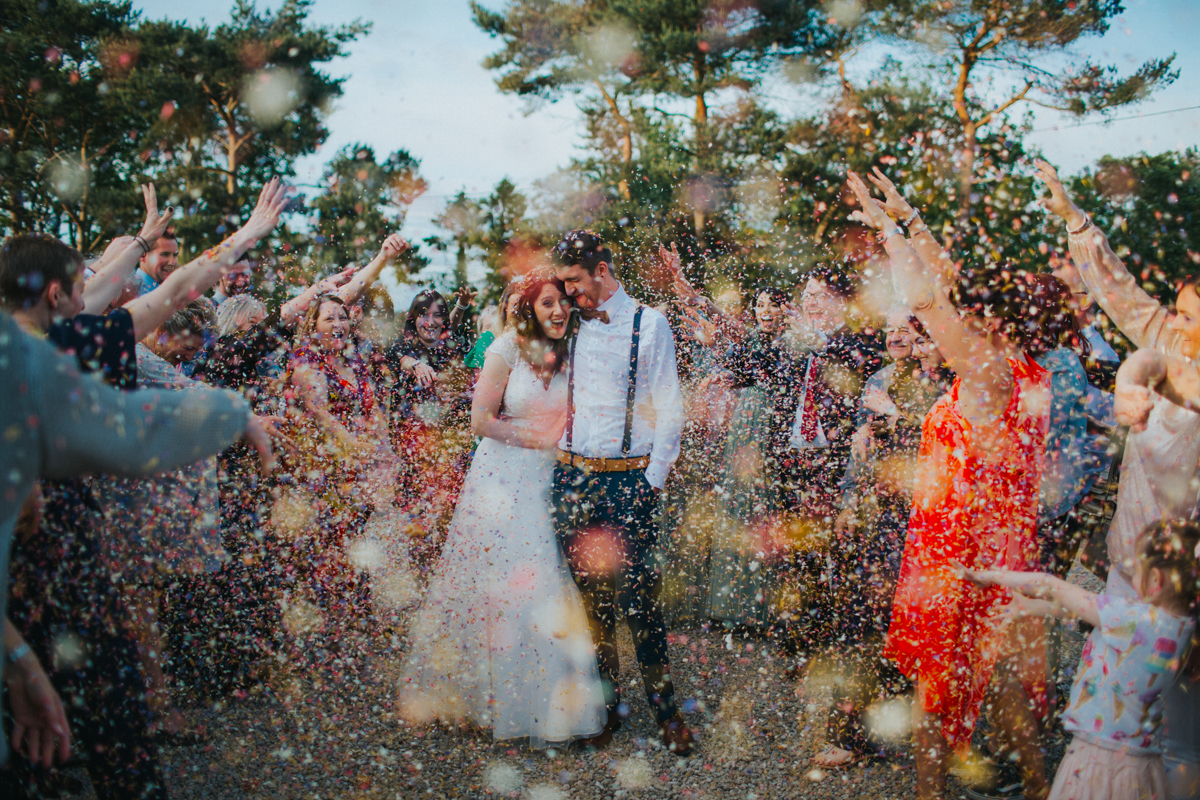
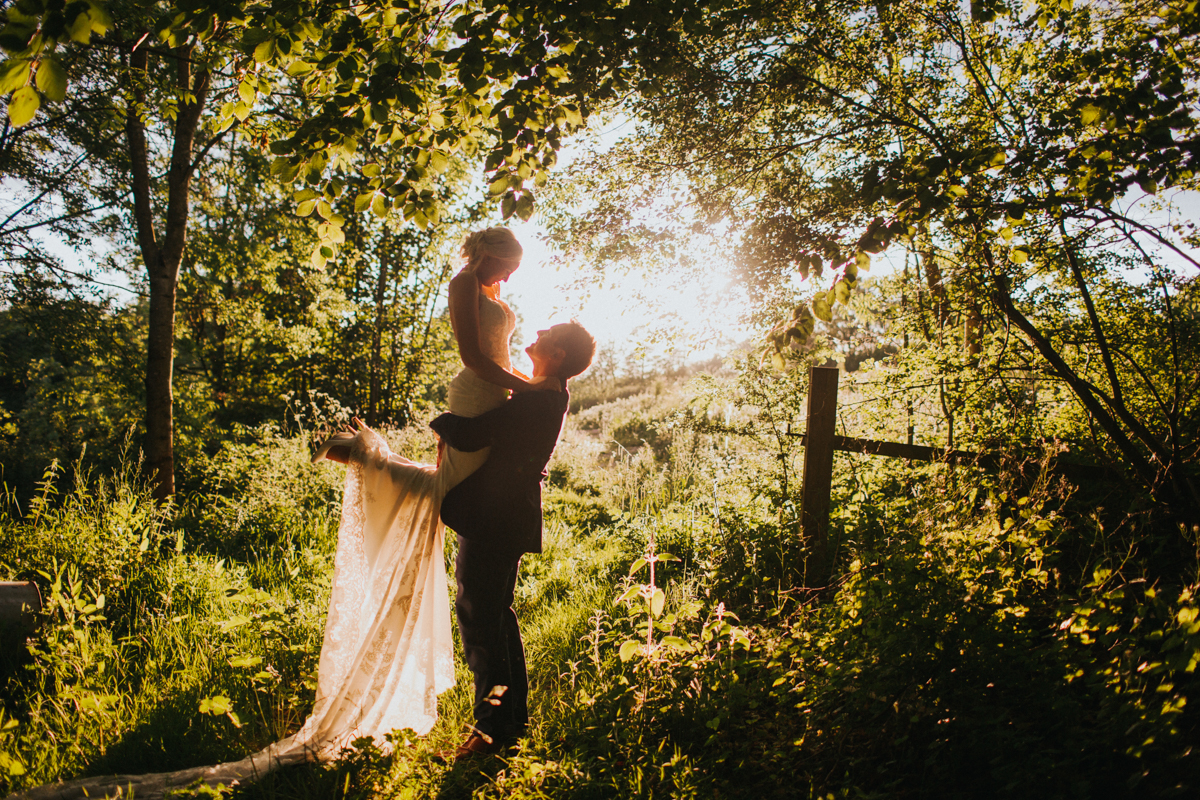
Comments